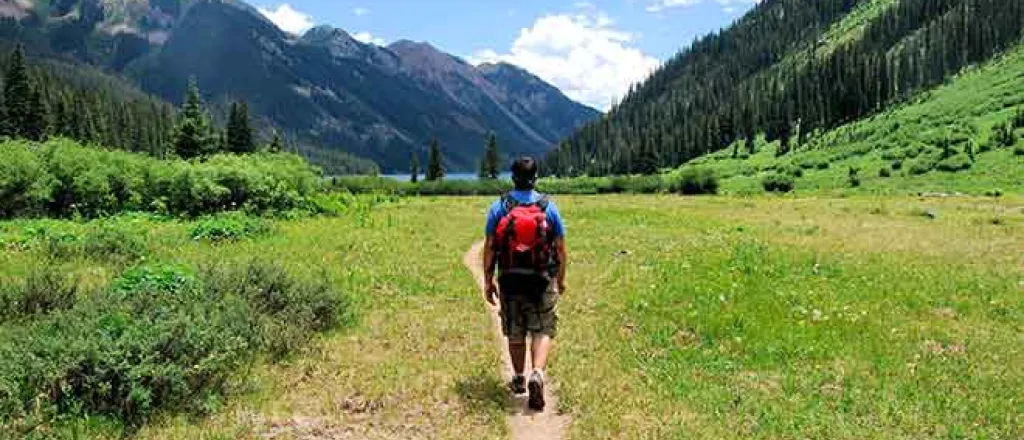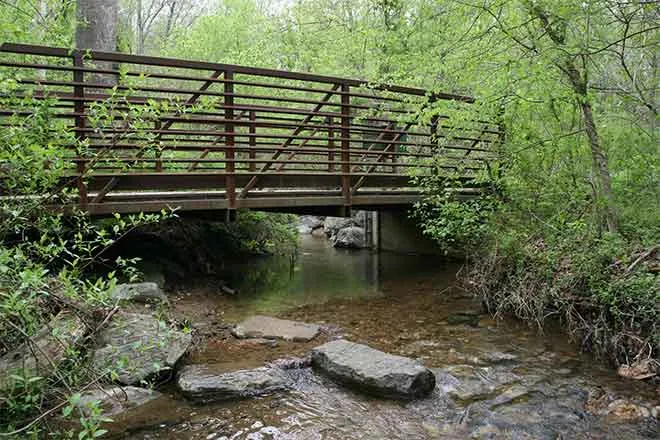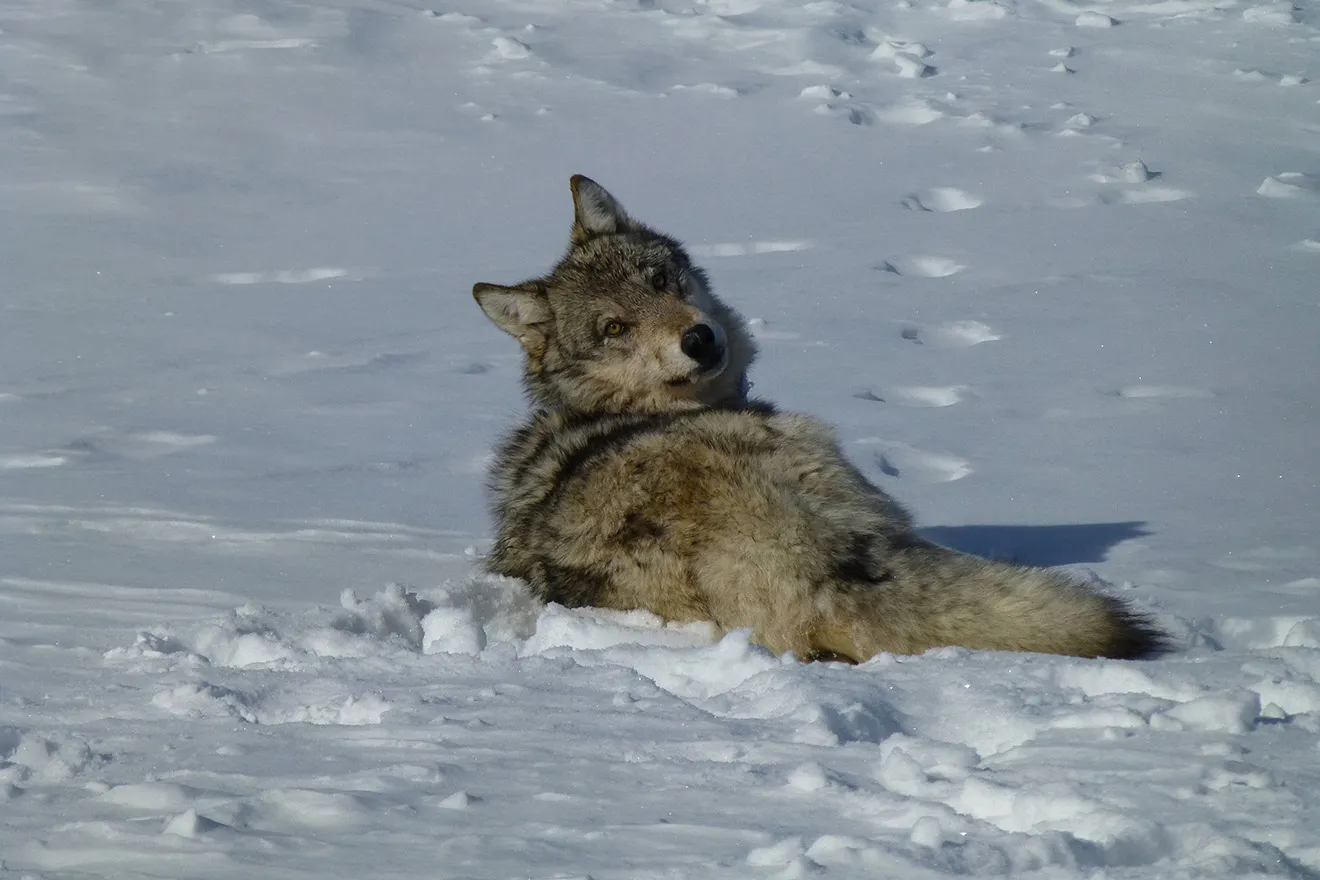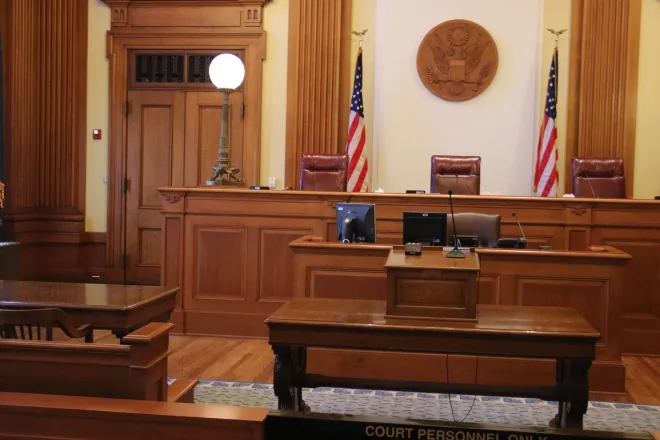
Idaho joins lawsuit that could threaten access to public lands, critics say
Click play to listen to this article.
Advocates for public lands access are raising alarms about a lawsuit that could be heard by the U.S. Supreme Court.
Utah has filed a suit arguing the U.S. Bureau of Land Management is holding about 18.5 million acres of land in the state unconstitutionally, saying it can't keep unappropriated land in perpetuity.
Idaho and twelve other states have joined the suit. They say federally controlled land should be transferred to states.
But Executive Director of the Idaho Wildlife Federation, Nick Fasciano, said that would be disastrous for public lands and the people who use them.

"State ownership of land at this scale is a direct path to privatization," said Fasciano. "State budgets do not have the capacity to manage lands at enormous scale like this without selling it off. Idaho has a constitutional mandate to maximize the financial return of the land under its management."
The U.S. Justice Department said Utah's claims are "without merit" in a brief filed with the Supreme Court.
The BLM manages nearly 12 million acres of land in Idaho.
Outdoor recreation has been increasing in Idaho, adding nearly $4 million to the economy in 2023.
Fasciano said hunters, anglers, and other recreationists fear privatization will mean they're cut off from access to public lands.
But he noted that when Congress tried to transfer public lands to states in 2017, there was an overwhelming response from the hunting community and the legislation was dropped.
"Hunters," said Fasciano, "we spend so much of our lives on public lands that we're very invested in these things continuing to be open and public, and prepared to get pretty loud in opposition to this sort of idea."
Fasciano said public input on how lands would be managed could be reduced if the state is in charge as well.
"The federal government has the ability to hold lands in perpetuity and has the financial capability to manage them," said Fasciano. "The state does not. And so, it's not a question of local versus federal management. It's a question of whether or not these are open and accessible to the public and available for habitat for wildlife or if they're not. And that's the big fear."















